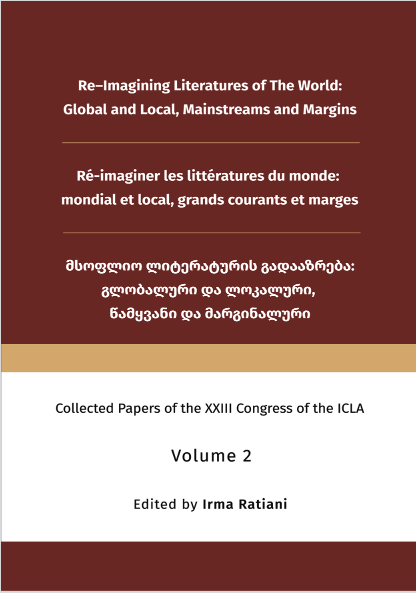“I Think Where I Live”. Decolonizing Gender and Race/ethnicity at the Periphery of the West
Main Article Content
Abstract
We have been living through challenging times, of fear and violence, real and symbolic, as the tentacles of COVID-19 took by assault the world we live in and made even more visible the inequalities among nations, the fragility of democratic political systems and, particularly in some latitudes, the precariousness of human lives under political systems blind to questions related to human rights. In fact, precariousness has been a hallmark in the history of Latin American countries since the so-called “discovery” by Euro-pean conquerors. Specifically in Brazil, under the rule of the Portuguese imperial state, the colonial government consolidated its power by establishing laws of forced labor for indigenous peoples and by the deployment of slave traffic policies that lasted for four centuries. The western colonial legacy in terms of hierarchies of gender, race, and ethnicity outlasts to this day, perpetuating marginalizations, prejudices, violence, and death. This means that the universals of European modernity such as the concept of state, democracy, progress, rationality, and universal citizenship have become tokens of a privileged parcel of the white population. To some extent, the colonization process in Brazil is still going on, producing brutality and destruction in ways unknown to modern Europe. As a comparatist, I believe that the challenges of the present allow us to rethink our intellectual work in terms of discovering new angles to approach questions related to belongingness as well as to examine differences and raise the issue of who has no right to live a livable life, in political and symbolical terms. Such a question demands rethinking our relation to the other as other so then we can meet the other. This move is aligned with a comparatist ethos, that is, a dialogical reasoning oriented towards the other, with respect to differences and with recognition of diversity.
